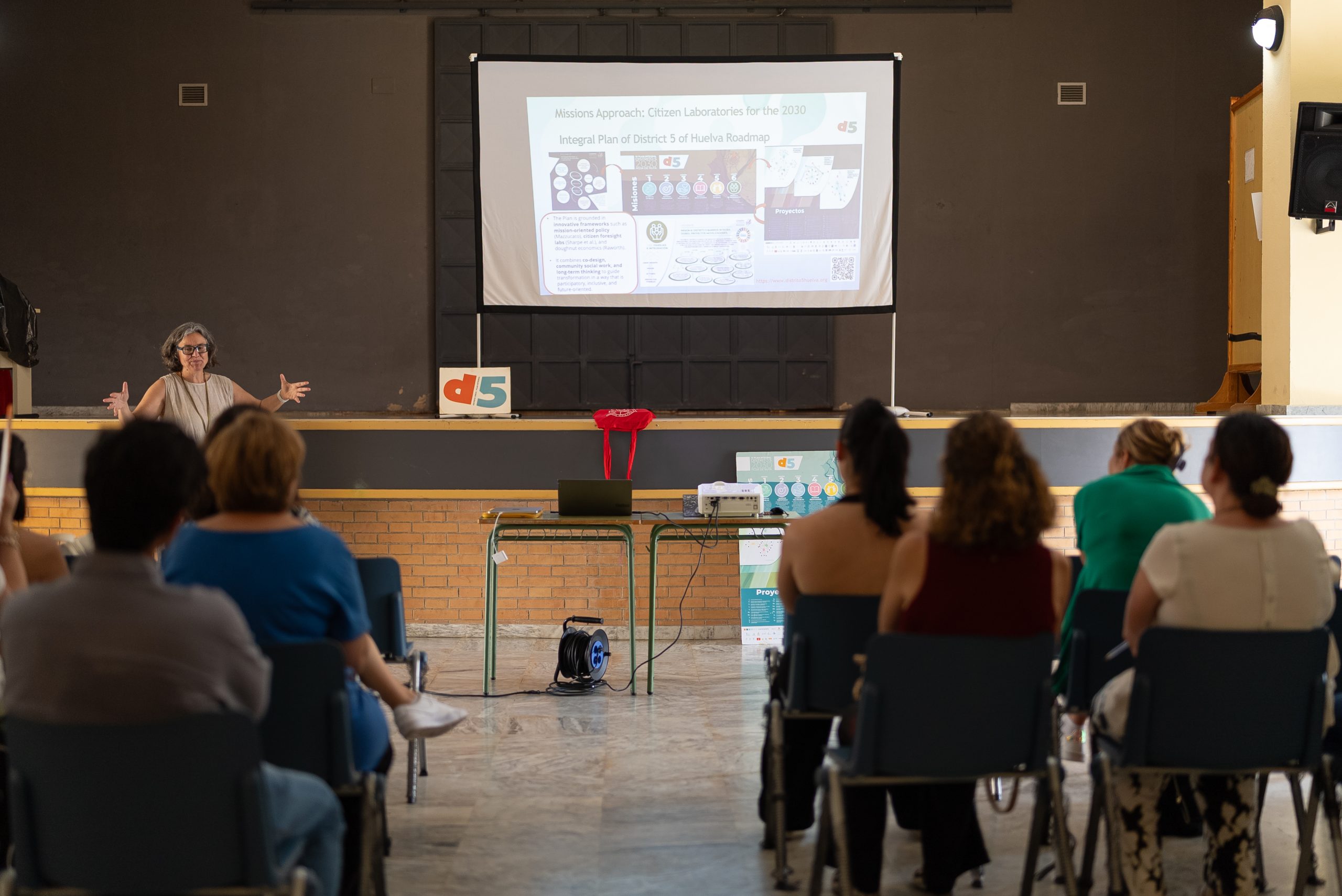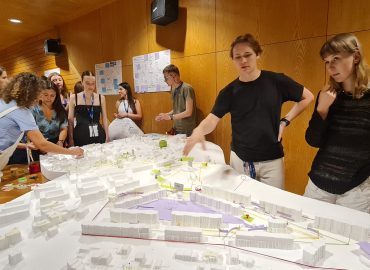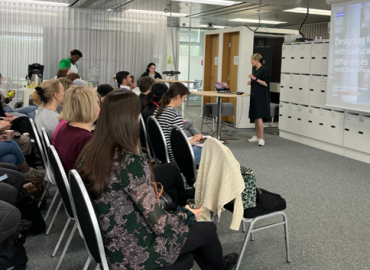In a world where urban and rural inequalities continue to challenge sustainable development, universities are stepping up—not just as centers of knowledge, but as active agents of change. The Blended Intensive Programme (BIP) titled “Transformative Engagement: Universities Catalyzing Vulnerable Neighborhood Regeneration” is a bold initiative co-led by the University of Huelva (Spain), Université Gustave Eiffel (France), and ISCTE – University Institute of Lisbon (Portugal) under the Erasmus+ framework.
This pioneering program is part of the PIONEER Alliance, a network committed to ODS 11. It brings together faculty, researchers, and postgraduate students to co-create solutions for some of the most pressing issues facing vulnerable communities today.
What Makes This Programme Unique?
A Space for Co-Creation and Collective Intelligence
The BIP is not your typical academic program. It’s a living lab—a space where ideas are exchanged horizontally, and knowledge is built collectively, says, Blanca Miedes from @UniversityofHuelva, organizer of this event. Through participatory methodologies, participants engage directly with local communities, ensuring that research is grounded in real-world needs.
Field-Based Learning in Action
The on-site component, held from 23–27 June 2025 in Huelva, Spain, immerses participants in three diverse territories:
- Day 1: Participatory urban regeneration in District 5 of Huelva
- Day 2: Integrated urban strategies in Isla Cristina
- Day 3: Territorial revitalization in the rural setting of Hinojales
- Day 4: Workshops on Challenge-Based Education and research roadmap co-creation
- Day 5: A networking breakfast, research exchanges, and program wrap-up
These immersive experiences allow participants to engage with local actors, explore community-based tourism, and co-develop strategies for inclusive regeneration.
Collaboration at Its Core
Each session is co-facilitated by faculty and participants, ensuring a horizontal exchange of knowledge. The program’s structure encourages interdisciplinary collaboration, blending urban planning, social sciences, environmental studies, and more.
Key Features:
- Focus on Vulnerable Neighborhoods: Addressing both urban and rural challenges
- Participatory Methodologies: Empowering communities through dialogue
- Challenge-Based Research: Aligning academic inquiry with grassroots needs
- Collaborative Roadmap: Defining future actions for sustained impact
Looking Ahead
The BIP is more than a one-time event—it’s a launchpad for long-term collaboration. The final session is dedicated to crafting a collaborative research roadmap, outlining concrete steps for continued engagement with vulnerable neighborhoods across Europe and beyond.
Why It Matters
In an era where top-down solutions often fall short, this program exemplifies how universities can act as bridges—connecting research, education, and community empowerment. It’s a call to action for academics to step outside the classroom and into the heart of the communities they serve.
Stay tuned for updates from the field and insights from participants as they work together to reimagine regeneration—one neighborhood at a time.
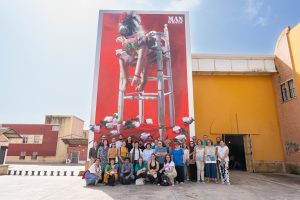
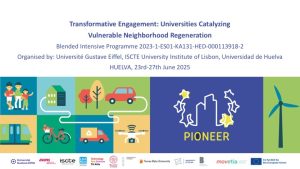
Author: University of Huelva

